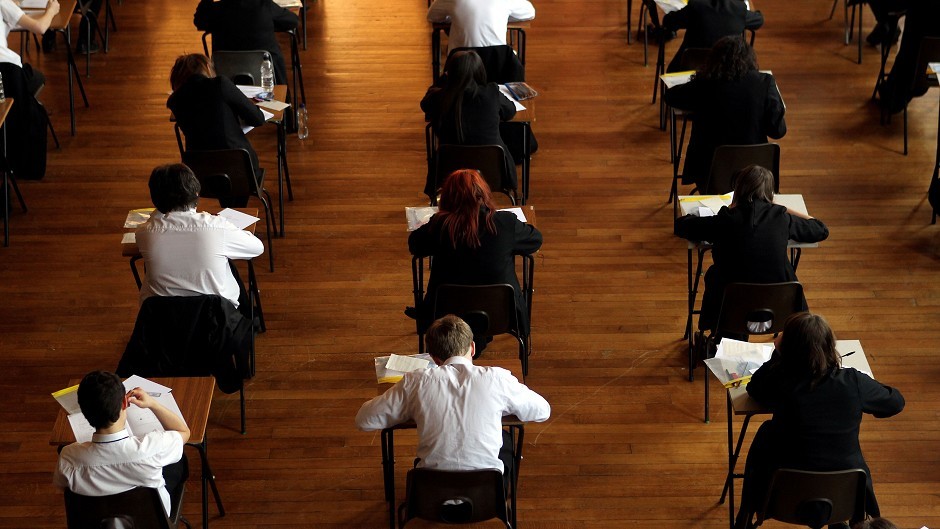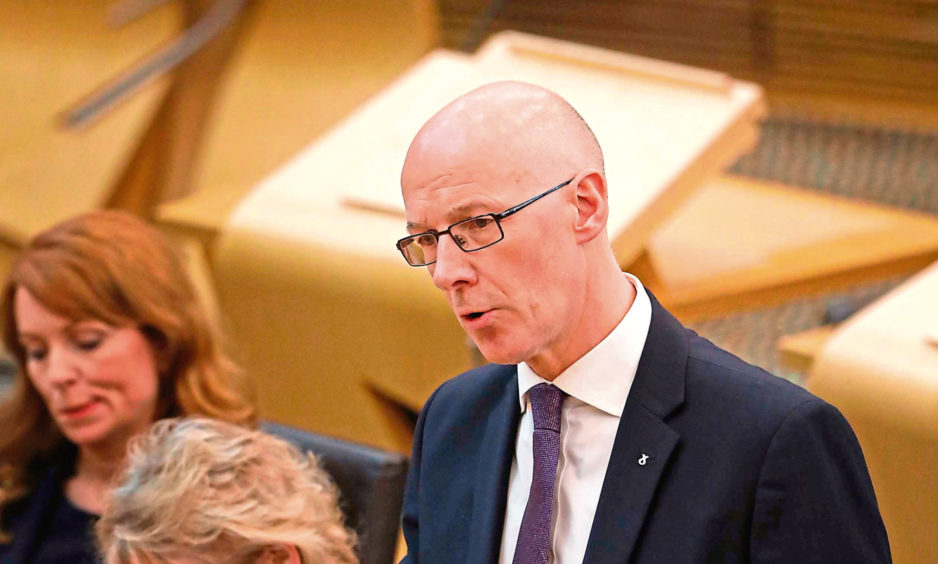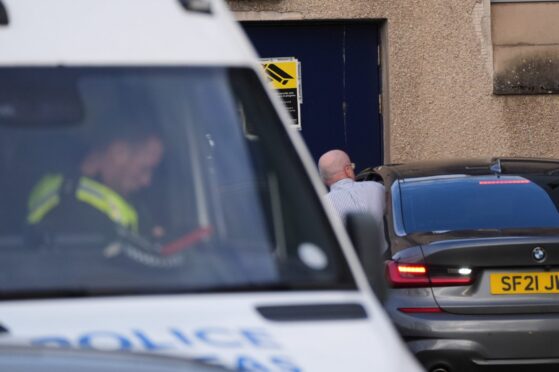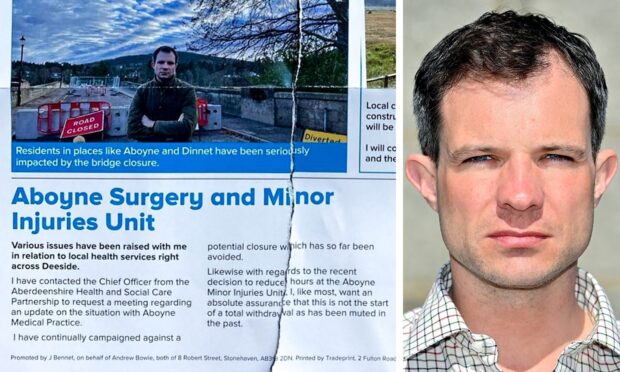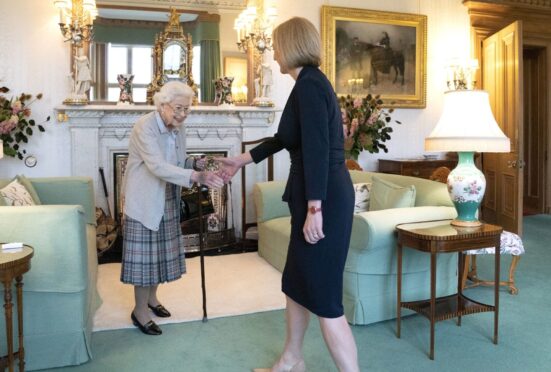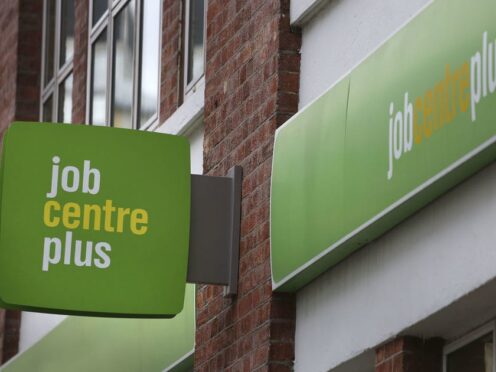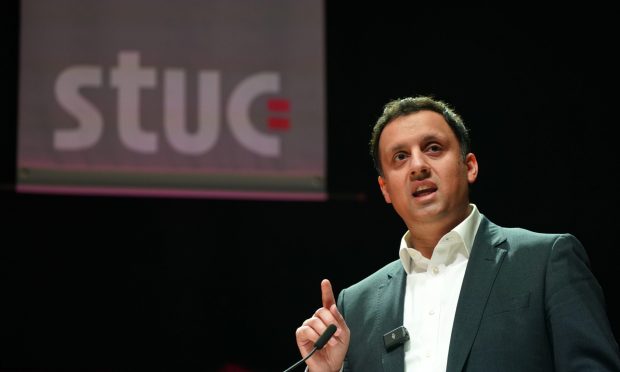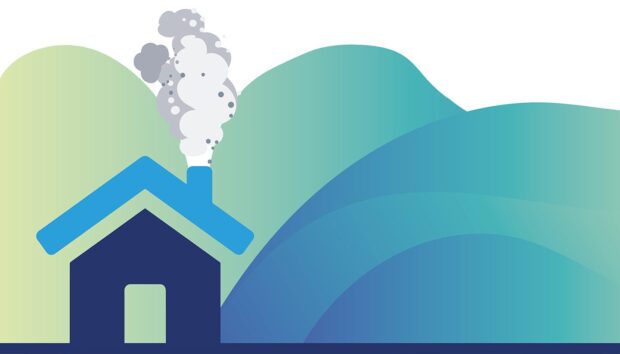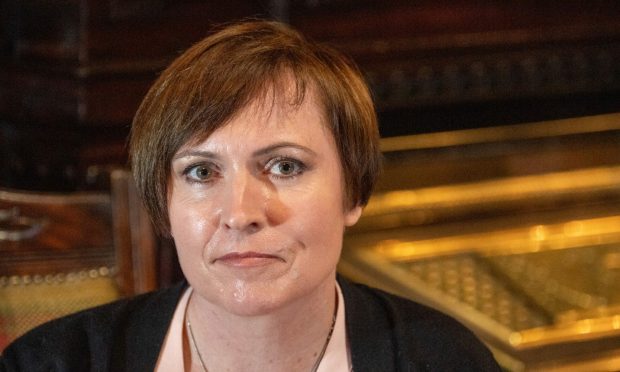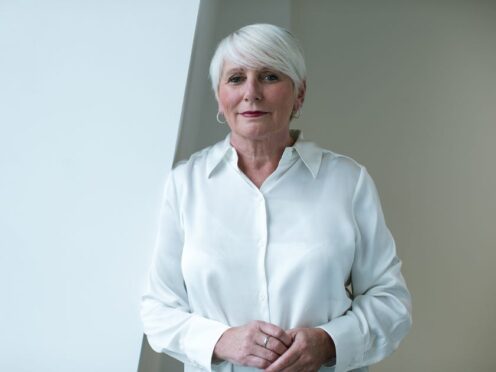Scotland’s exams authority has published guidance on grading pupils during the coronavirus crisis including controversial plans to take a school’s academic record into account.
Opposition politicians criticised proposals to refer to a school’s previous history when assessing pupils who have been spared exams this year as a result of Covid-19.
Politicians argued such an approach would disadvantage the poorest pupils and questioned plans for teachers to rank their pupils as part of the information they send to the Scottish Qualifications Authority (SQA).
The SQA guidance said teachers and lecturers were best placed to judge pupil performance given the coronavirus had resulted in the cancellation of exams and no way of the SQA marking coursework.
Grades estimated will be an overall judgement based on all activity across the year rather than the result of one prelim or project. There will also be a free appeals process.
By Friday May 29 schools and colleges will give the SQA estimates of the grades, bands and rank order for each student, for each course at National 5, Higher and Advanced Higher.
The SQA will use those estimates in conjunction with previous results – where available – to grade candidates.
According to the guidance issued by Scotland’s Chief Examining Officer, Fiona Robertson, the SQA will “also look at schools’ and colleges’ previous history of estimating and attainment in each subject and level”.
The SQA may then “moderate” estimated grades up or down. Students will get their results by August 4. Once the results are issued there will be a free appeals service for those unhappy with their results.
The cancellation of exams due to schools being off during the coronavirus crisis has led to fears that it will disadvantage those students who perform well in exam situations.
Labour education spokesman Iain Gray said: “The focus on teacher assessment is right, but the ‘banding’ scheme seems very hard to understand.
“There are also questions about the appropriateness of using a school’s previous performance to overrule teacher judgement.
“We have been arguing for years for a return of a proper, free appeals procedure – this should be a permanent return, not just a one-year response to crisis.”
I am seriously concerned that a grading model which judges pupils not only against others in their class but against the previous performance of their school will grossly disadvantage young people in our most deprived communities in particular.”
Ross Greer of the Greens
Green education spokesman Ross Greer said there was “no clear rationale” on how pupils would be ranked. He also claimed there was no explanation to reassure pupils that they would not suffer as a result of their school’s previous record.
Mr Greer said: “The SQA had a month to produce this document, yet it creates far more questions than it answers. I am seriously concerned that a grading model which judges pupils not only against others in their class but against the previous performance of their school will grossly disadvantage young people in our most deprived communities in particular. In no other year have Scottish pupils been awarded grades based on how well others in their school did in years before.
“It’s clear that a robust and fair appeals system will be needed this year but we still don’t have any details of that, either. I posed dozens of questions to the SQA on behalf of pupils, teachers and parents nearly a month ago, so it’s incredibly frustrating that today’s announcement of supposedly detailed guidance answers so few of them.”
Education Secretary John Swinney said: “Teachers and lecturers are being asked to make important decisions about how learners may have otherwise performed in the exams they were due to sit this year. Their insights from working with learners in schools and colleges means they are best placed to make judgements on learners’ performance. I am confident that they can deliver this vital role to ensure learners’ achievements are recognised in these unprecedented circumstances.
“I am very grateful to the Chief Examining Officer and to all at the SQA for their work in developing this comprehensive guidance.”
